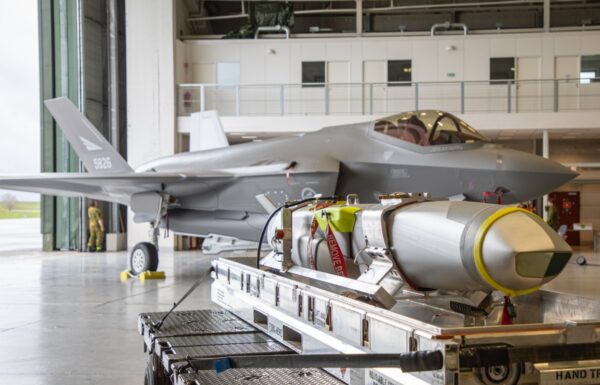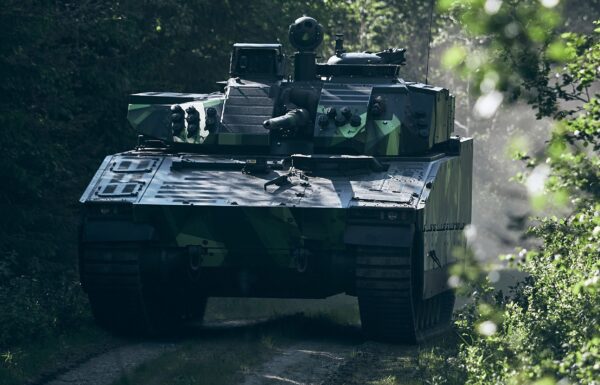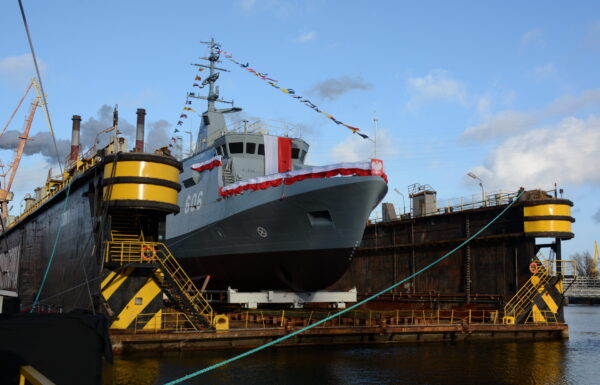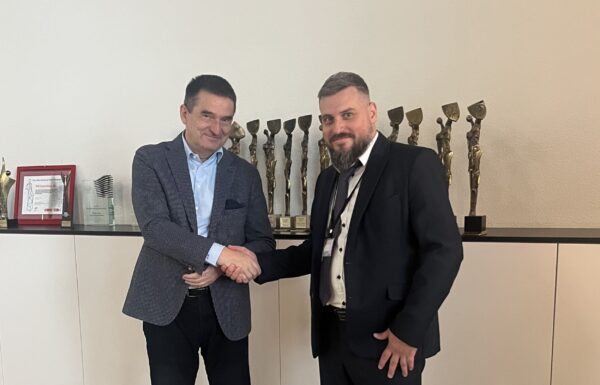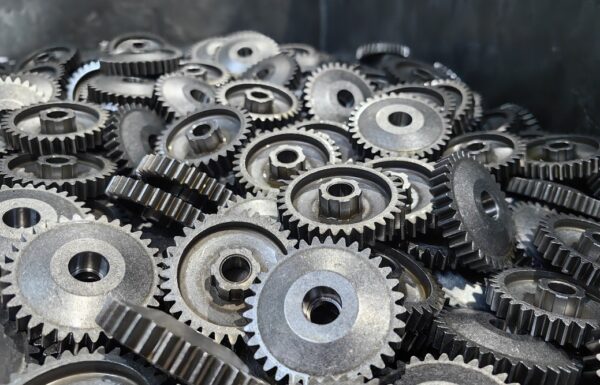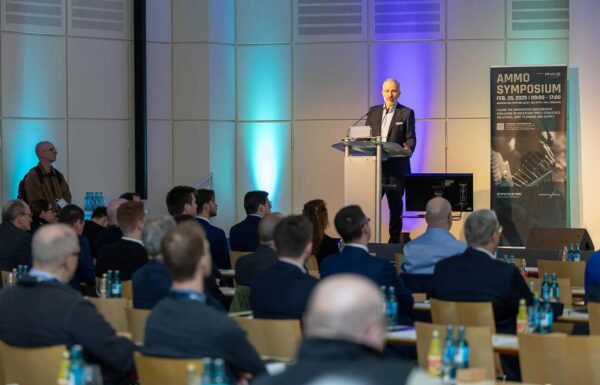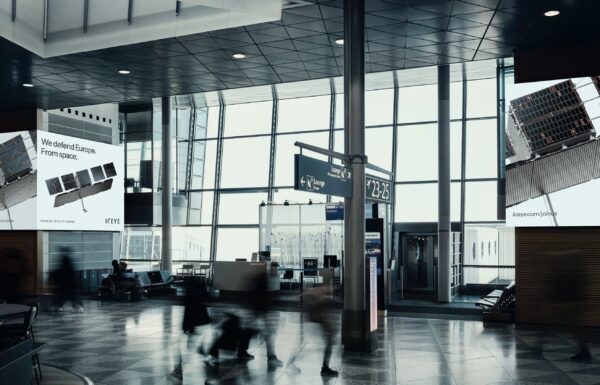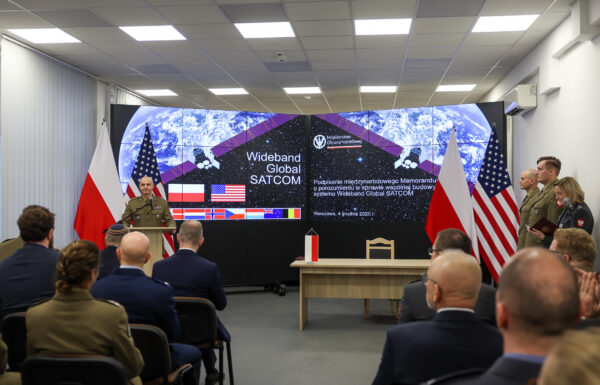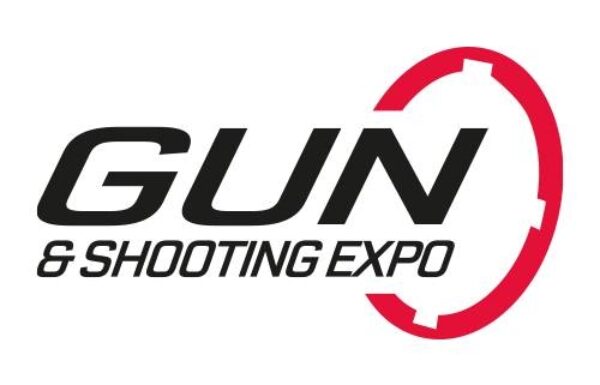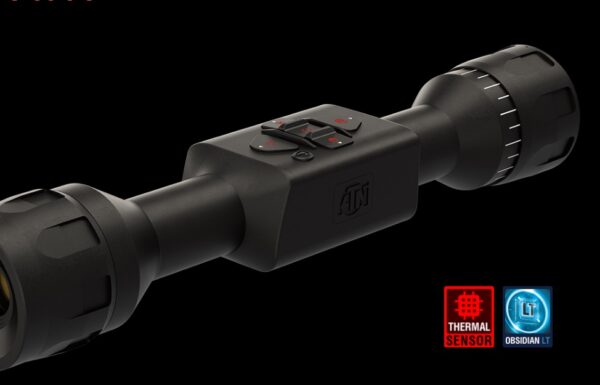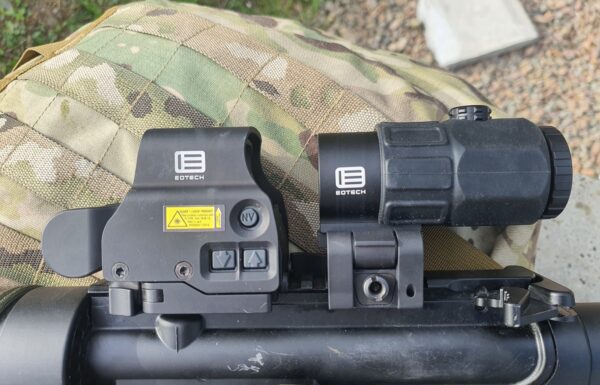On Friday, July 25, 2025, the joint venture Thales Alenia Space (67% French Thales and 33% Italian Leonardo) announced that it had received a contract from the Italian Space Agency (Agenzia Spaziale Italiana, ASI) to carry out the preliminary design phase for the construction of the Multi-Purpose Habitation (MPH) module. This project is part of the Artemis Accords, which define ASI’s cooperation with NASA under the Artemis program, aimed at establishing a permanent human presence on the Moon.
Leveraging Italian technological and manufacturing capabilities, along with cooperation from other international partners, the company will build a safe and functional module compatible with other systems being developed under the Artemis program.
The MPH module is scheduled to be launched into space from NASA’s Kennedy Space Center in Florida in 2033. It will be the first dedicated habitation structure ever placed on the lunar surface as part of the Artemis program.
This pressurized module will enable astronauts to live on the Moon’s surface, providing safe shelter, support for surface operations, and conducting both crewed and remote scientific experiments, as well as testing initial habitation conditions. Notably, the module will also be capable of moving across the lunar surface, with a minimum operational lifespan of 10 years. It will serve as a permanent habitat, part rover, part shelter on the Moon, designed to work synergistically with other components of the Artemis program architecture.
Under the agreement with ASI, Thales Alenia Space, as the prime contractor, will collaborate with Altec (a public-private company jointly owned by Thales Alenia Space and ASI) and other Italian industrial partners to carry out the preliminary design of the MPH. The focus will be on technologies that can withstand the Moon’s harsh environmental conditions, including extreme temperature fluctuations, pervasive lunar dust, high radiation levels, micrometeoroid impacts, and the effects of the Moon’s low gravity.
Lunar exploration under the Artemis program aims to pave the way for developing the technologies necessary to support future human missions to Mars.
Teodoro Valente, President of the Italian Space Agency (ASI), emphasized:
“MPH represents yet another scientific challenge for Italy and ASI, which are planning to bring a comfortable and safe human settlement to the lunar surface, thanks to the expertise and high, competitive technological standards that Thales Alenia Space Italy has acquired internationally in the field of space habitability. The future lunar module, the result of the historic relationship between NASA and ASI, is part of a long-term investment vision that Italy has implemented, enabling us to play an increasingly leading role in the new space race and, moreover, to be a fundamental part of the Moon to Mars Strategy of NASA’s Artemis program. Today’s signature confirms the Italian Government’s significant and ongoing commitment to supporting the development of the Space Economy and supporting Italy’s globally recognized excellence. Furthermore, it is important that this act comes just days after Parliament’s approval of the country’s first “Space Law“.
Giampiero Di Paolo, Deputy CEO and Executive Vice President, Observation, Exploration and Navigation at Thales Alenia Space added:
“We are deeply honored that ASI has entrusted Thales Alenia Space with this contract to develop the MPH, giving us, as a leading European company, the opportunity to drive scientific and technological progress in building the first Italian human outpost on the lunar surface. This milestone will further strengthen and advance human space exploration on the Moon and beyond,”
It is worth noting that in April of this year, Thales Alenia Space delivered the Habitation and Logistics Outpost (HALO) module to NASA for the future lunar Gateway station, which will play a key role in the Artemis program.
Earlier, in January of this year, the European Space Agency (ESA) signed a contract worth 862 million EUR with Thales Alenia Space for the delivery of the large European logistics lander Argonaut, previously known as EL3 (European Large Logistic Lander), in the second phase of the program, which is also part of the international Artemis initiative.
Currently, 56 countries have signed the Artemis Accords.


